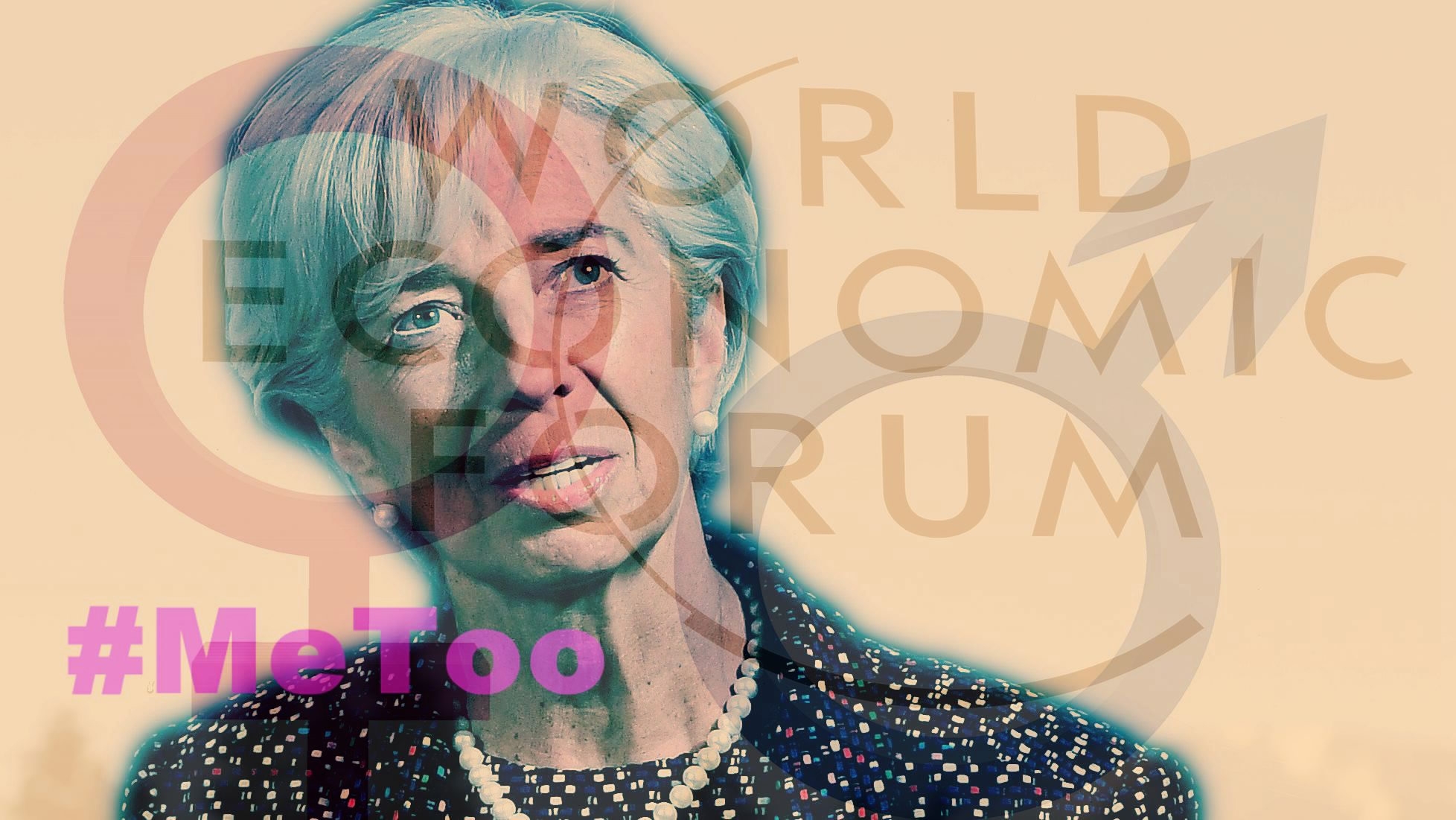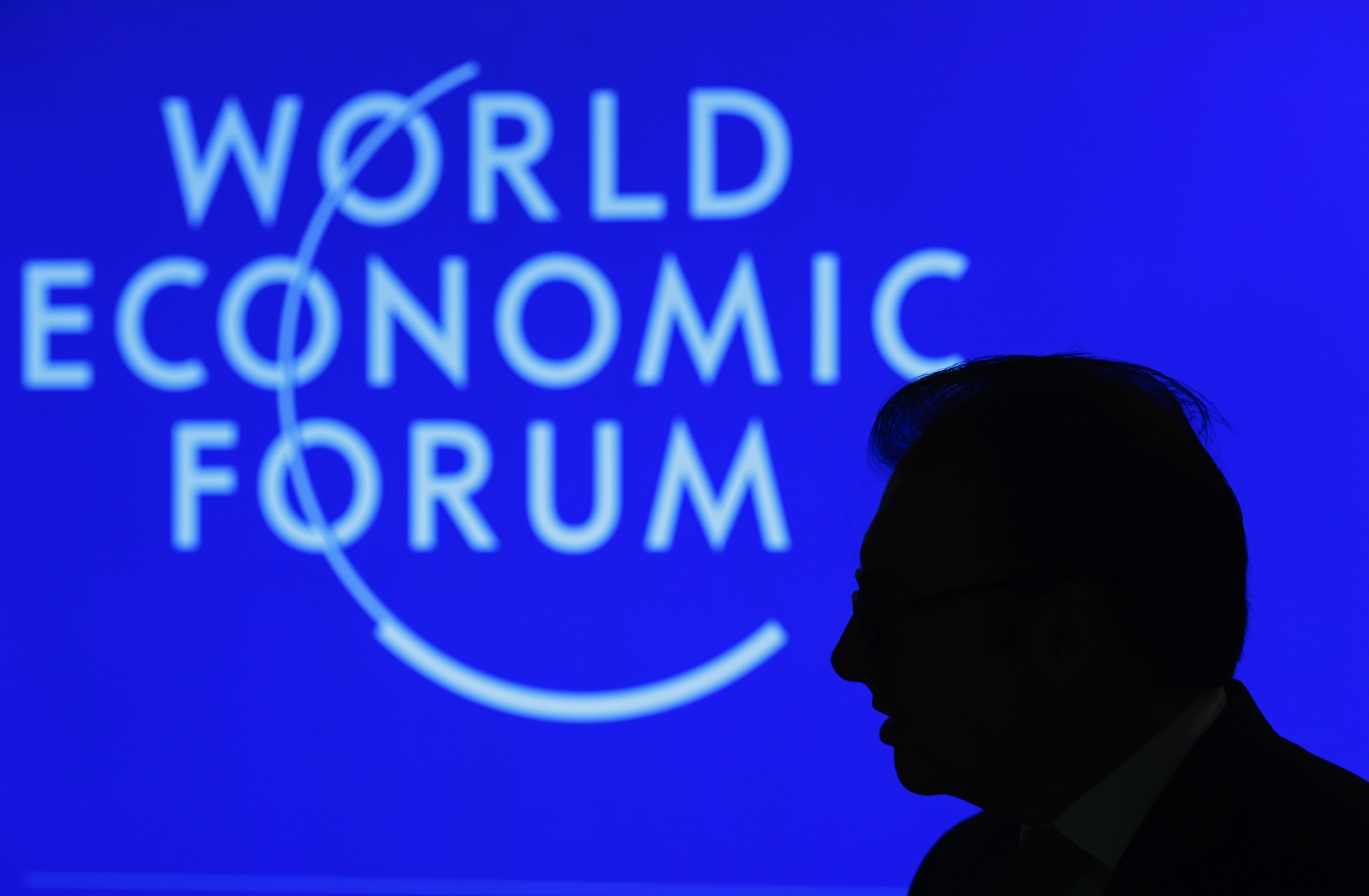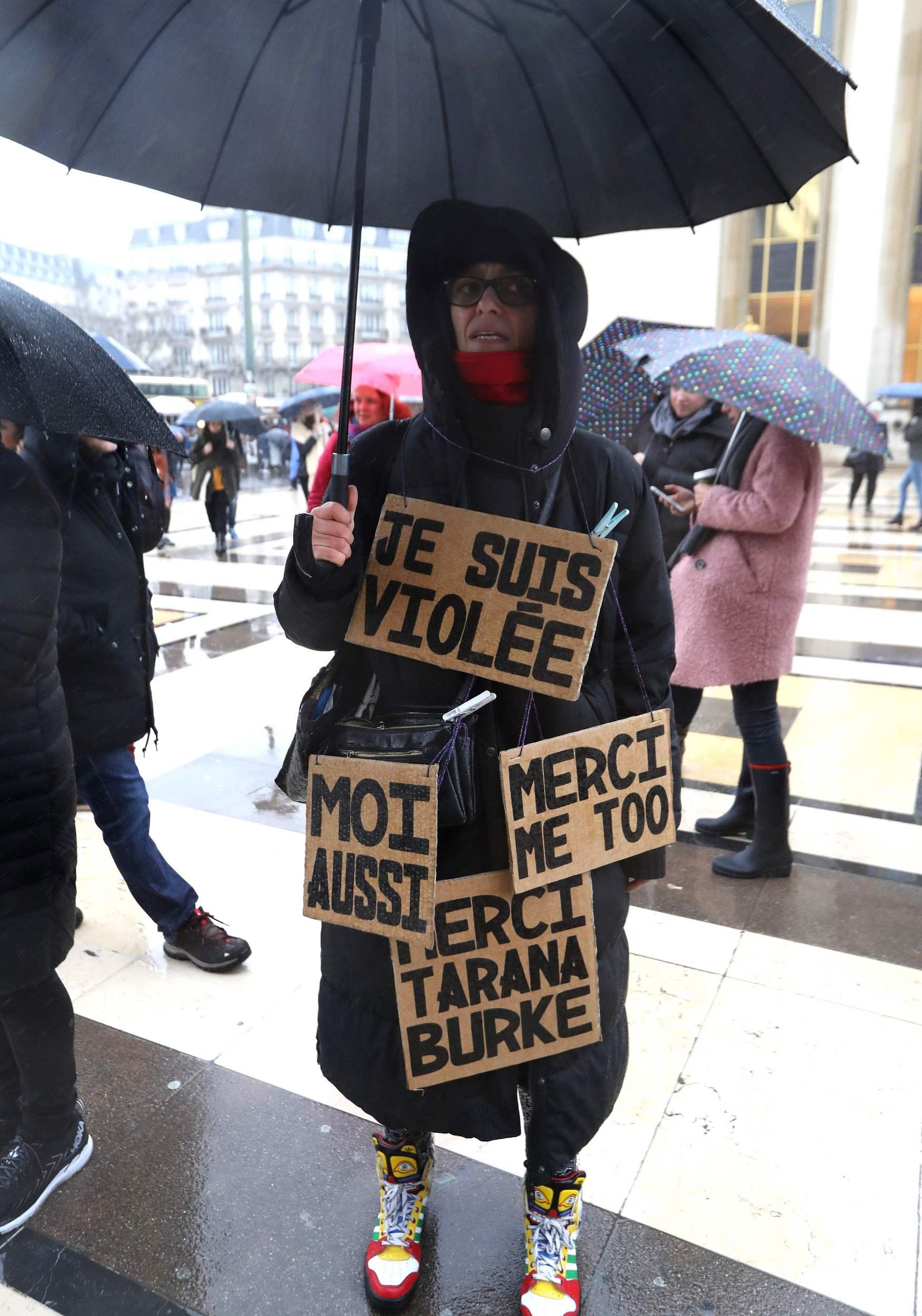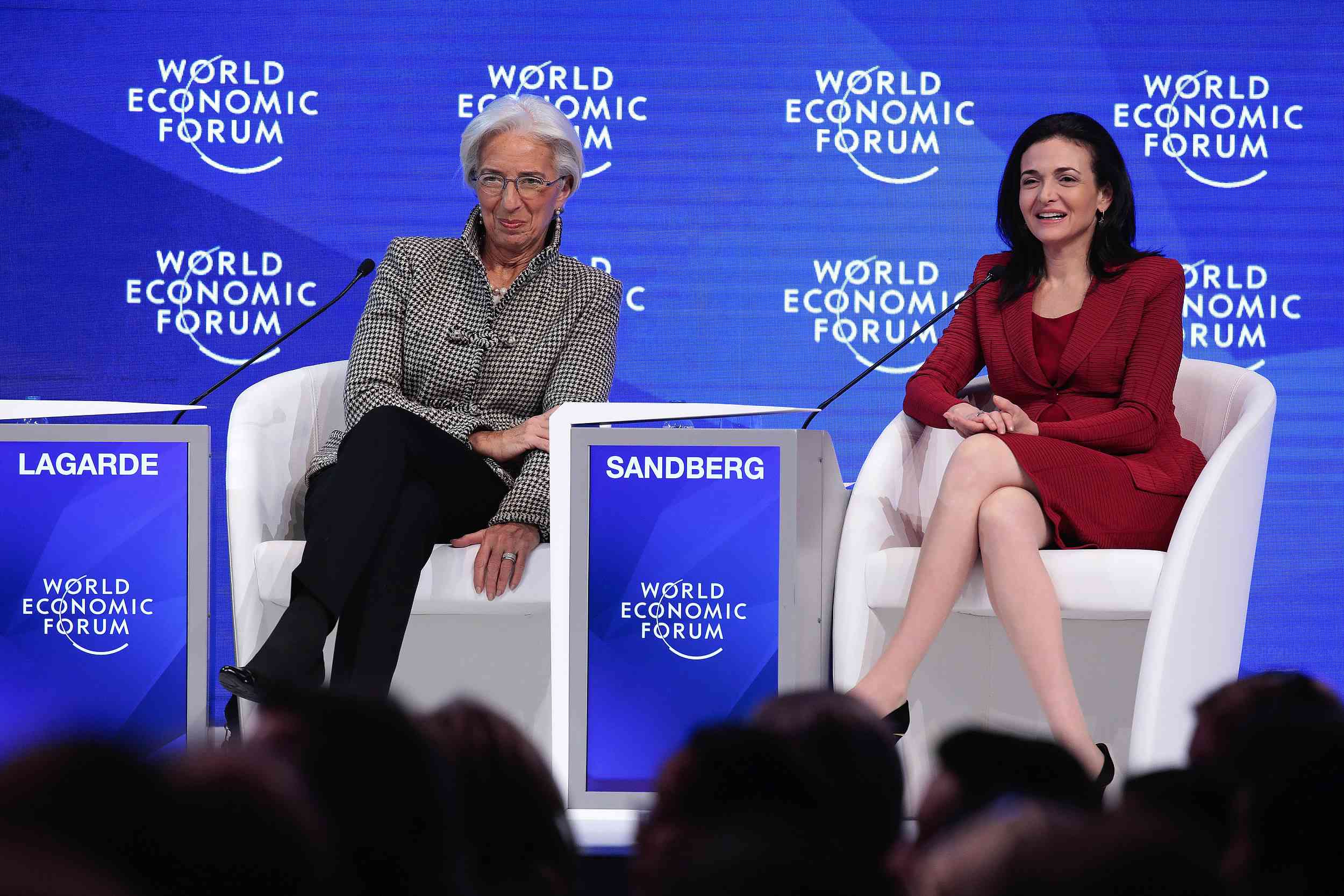
Business
14:51, 22-Jan-2018
Inequality, gender gap in spotlight ahead of Davos 2018
CGTN's Nicholas Moore

Ahead of this week’s World Economic Forum in Davos, Switzerland, several reports have been released to highlight growing concerns over inequality and the gender pay gap, underscoring how automation and the expansion of technology could affect workforce in the near future.

VCG Photo
VCG Photo
Oxfam International, one of the world’s largest anti-poverty organizations, has highlighted how 82 percent of the global wealth created in 2017 went to the wealthiest one percent of the population, an increase on previous years. The world’s poorest 50 percent saw no increase in their wealth, according to the charity’s analysis of data provided by Credit Suisse.
To coincide with last year’s WEF, Oxfam released a report in January 2017 that suggested the world’s eight wealthiest people owned as much as the 3.6 billion people who make up the poorest 50 percent. Those eight billionaires were all men, and the latest data from Oxfam released this year shows that women make up less than 11 percent of the world’s billionaires.
A separate report released by the WEF on gender inequality suggests that the pay gap between men and women is set to increase in the near future, thanks to current trends in the expanding technology sector.
Automation is set to replace a significant proportion of manual labor in the next decade, and the WEF’s study concludes that by 2026, 57 percent of positions lost to technology will be roles once held by women.

A demonstrator bears signs reading "I am raped. Thank you. Me too" in Paris on January 21, 2018, during a women's march, organized as part of a global day of protests, a year to the day since Donald Trump took office as US president. /VCG Photo
A demonstrator bears signs reading "I am raped. Thank you. Me too" in Paris on January 21, 2018, during a women's march, organized as part of a global day of protests, a year to the day since Donald Trump took office as US president. /VCG Photo
So-called “pink collar” positions typically held by women in customer service and administration roles are particularly under threat, according to the report.
The study also points to how male dominance of the rapidly growing IT, infrastructure and biotechnology sectors is contributing to a reversal in gender equality.
The Guardian quotes Saadia Zahedi, head of education, gender and work at the WEF, as saying “we’re really looking at a worsening of inequality, particularly in IT but across all sectors. We are losing valuable opportunity to reduce gender inequality.”
How is China doing on gender equality?
The WEF has previously praised China’s progress in gender equality, pointing to how more Chinese women attend university than men, as well as the country leads first in 2010 for labor participation.
While the latest report points to the gender imbalance in tech jobs, 55 percent of Chinese Internet startups were founded by women in 2016. The WEF calls China the best place in the world to be a female entrepreneur, with 56 of the world’s 88 self-made female billionaires coming from the Middle Kingdom.
However, there is still room for improvement for China when it comes to gender equality. The 2017 WEF Global Gender Gap Report ranked China 100th out of 144 countries on its global index of gender equality.
China came ahead of Japan, South Korea, and Italy regarding economic participation and opportunity, but was ranked in last place for gender equality when it came to the WEF’s “health and survival” index.
Despite women representing less than a third of delegates at this year’s WEF, Zahidi pointed to #MeToo and Time’s Up as “positive momentum,” with The Guardian reporting that 54 percent of the young attendees at Davos, representing “the so-called global leaders and global shapers” are women.

IMF managing director Christine Lagarde (L) and Facebook Chief Operating Officer (COO) Sheryl Sandberg at the World Economic Forum, on January 18, 2017, in Davos. /VCG Photo
IMF managing director Christine Lagarde (L) and Facebook Chief Operating Officer (COO) Sheryl Sandberg at the World Economic Forum, on January 18, 2017, in Davos. /VCG Photo
Davos 2018 will, for the first time, have an all-female panel of co-chairs for the forum, including IMF chief Christine Lagarde, IBM head Ginni Rometty and Norwegian Prime Minister Erna Solberg.

SITEMAP
Copyright © 2018 CGTN. Beijing ICP prepared NO.16065310-3
Copyright © 2018 CGTN. Beijing ICP prepared NO.16065310-3